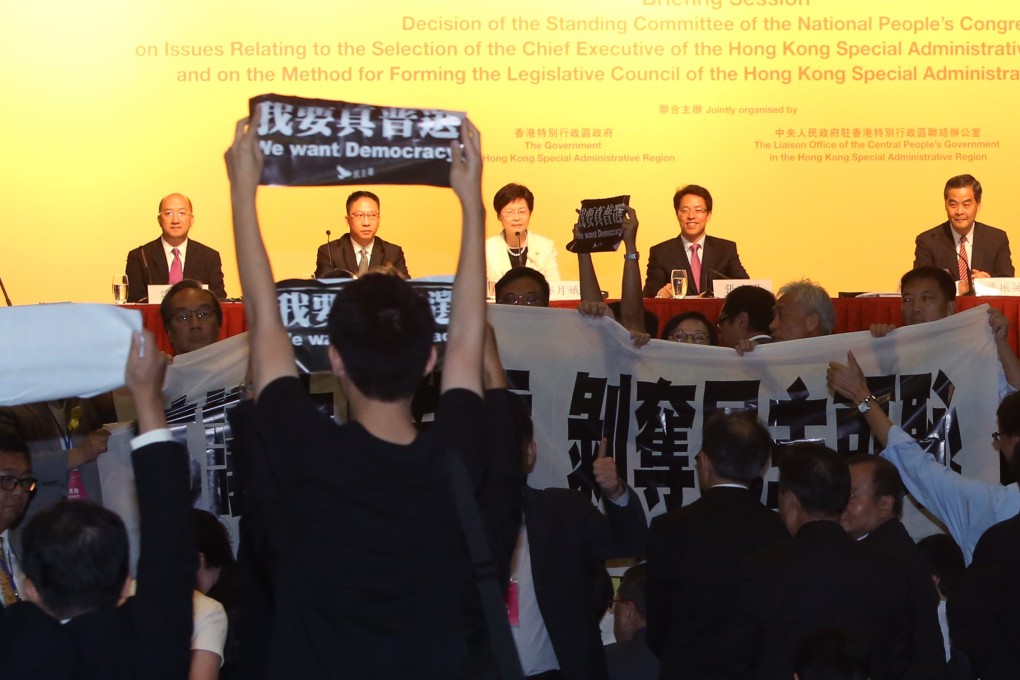Then & Now | The 'wind of change' blowing through Hong Kong from China
Much like the headlong decolonisation of Africa that followed Harold MacMillan's 'wind of change' speech, Hong Kong has accelerated into uncertainty as China assimilates the city at ever increasing speed, writes Jason Wordie


"Mainlandisation" has become a commonly used term to characterise - usually in a negative way - the inevitable and now swiftly accelerating process by which Hong Kong is being assimilated into China's political, social and economic mainstream.
In the 1980s and '90s, many local observers plaintively hoped that, over time, China would become more like Hong Kong. Economically, at least, the country's transformation over the past 30 years has been an astonishing phenomenon; comprehensive analysis will keep legions of scholars, across a broad range of disciplines, occupied for generations.
But back in the real world, the tail does not wag the dog, especially when the animal is sat firmly upon it. And so this has proven to be with Hong Kong's influence on China's political development since the 1997 handover.
British prime minister Harold Macmillan's famous speech in 1960 in Cape Town, South Africa, illustrated one of history's pivotal moments, when a major policy direction - already in motion behind the scenes - publicly and swiftly altered. "The wind of change is blowing through this continent, and whether we like it or not, this growth of national consciousness is a political fact," Macmillan declaimed, referring to Britain's plans for rapid decolonisation in Africa and elsewhere. This signalled a significant departure from gradual constitutional development and devolved independence, as had already been achieved in 1957 in the Gold Coast (now Ghana) and Malaya, towards swift withdrawal from Britain's remaining colonial commitments.

